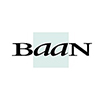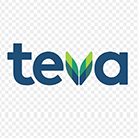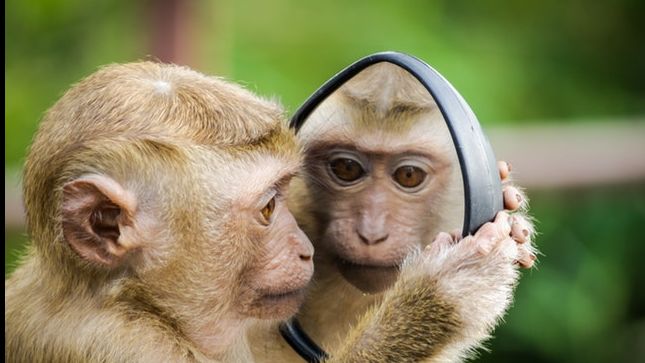
Self-Awareness Tools
- HumanTelligence Self /Team Assessment
- MBTI (Myers Briggs Typology Indicator)
- Patrick Lencione’s 5 Dysfunctions of a Team
- Hay Group’s Influence Strategies, Organizational Climate & Managerial Styles
- Korn Ferry’s Resilience Factors
For example, when working with teams who are experiencing all too frequent conflict, we often suggest one of several team tools. Typically, conflicts arise when people either take things personally, or assume someone’s behaviour was driven by negative intentions.
Often, the truth is, many conflicts are a result of differences in work approach or personality. Diagnostic and assessment tools can help team members better understand their own and others’ natural preferences, and through this understanding, they can begin to appreciate how their differences, when appropriately leveraged, can actually be quite beneficial and complementary. We believe that learning as much as possible about our own work approach, as well as our innate preferences is part of what it takes to achieve real personal growth, develop as a team, and resolve conflicts with greater ease.
Some of the instruments with which we work are:
"Knowing others is intelligence. Knowing yourself is true wisdom. Mastering others is strength. Mastering yourself is true power." Lao Tzu

It’s quick to complete (about 12 min.) yielding near immediate results that are straightforward, insightful and very very accurate. It is also extremely affordable. You’ll want to check out this integrated, cloud-based platform that leverages both AI and talent analytics to better understand individuals, teams, the culture, talent fit, suitability for remote work, and more...
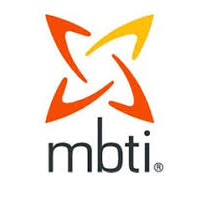
The MBTI assessment is used to develop individuals, teams, and organizations to meet today’s challenges in such areas as communication, team building, leadership, and career management. Individuals and organizations, including many Fortune 500 companies, use more than 2 million assessments worldwide each year. Form M of the instrument has 93 items and provides the basic MBTI four-letter type, while Form Q has 144 items and provides not only the four-letter type but also results for 20 facets of that type. www.skillsone.com
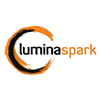
Patrick Lencione’s 5 Dysfunctions of a Team Assessment…
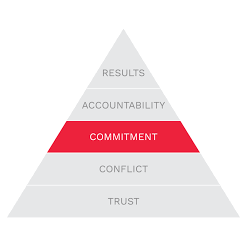
• Quick diagnosis of team strengths and weaknesses
• Provides platform for open and honest discussion of real-time issues
• Simplifies and clarifies the impact of trust on achieving results
• Results in greater understanding of team dynamics leading to improved team effectiveness and overall success.
Hay Group Influence Strategies, Organizational Climate and Managerial Styles

• Identifying how you apply influence strategies from your own perspective as well as from that of others
• Understanding how each of the 9 influence strategies works and exploring how you personally draw upon each one in various situations
• Defining specific ways to improve how you apply key influence strategies
• Planning how to maximize your use of the various strategies
Organizational Climate relates to what it feels like to be part of your workplace—is it enjoyable? Stimulating? Oppressive? Motivating? Naturally, how one feels at work impacts performance.
Although connected, climate differs from “culture” in that, while climate is about perceptions and attitudes (that can be turned around rather quickly), culture is more deeply entrenched because it has formed and spread throughout the organization over time based upon underlying/shared beliefs, values, behavioral norms, traditions etc.
Hay Group has identified 6 specific ways to improve an organization’s “climate”. Our approach is to help teams understand their current climate both from the perspective of what team members are experiencing as well as the climate they are (maybe inadvertently) creating. Armed with a clearer understanding of both, we can then identify specific actions that, if undertaken, will effectively help to “move the needle” toward the type of climate you seek.
Korn Ferry Resilience Factors:

• Prevent situations from throwing us off course
• View new situations from the perspective of potential rather than predicaments
• Navigate more neutrally through the daily ups and downs
• Let go of past adversities
Recent Posts
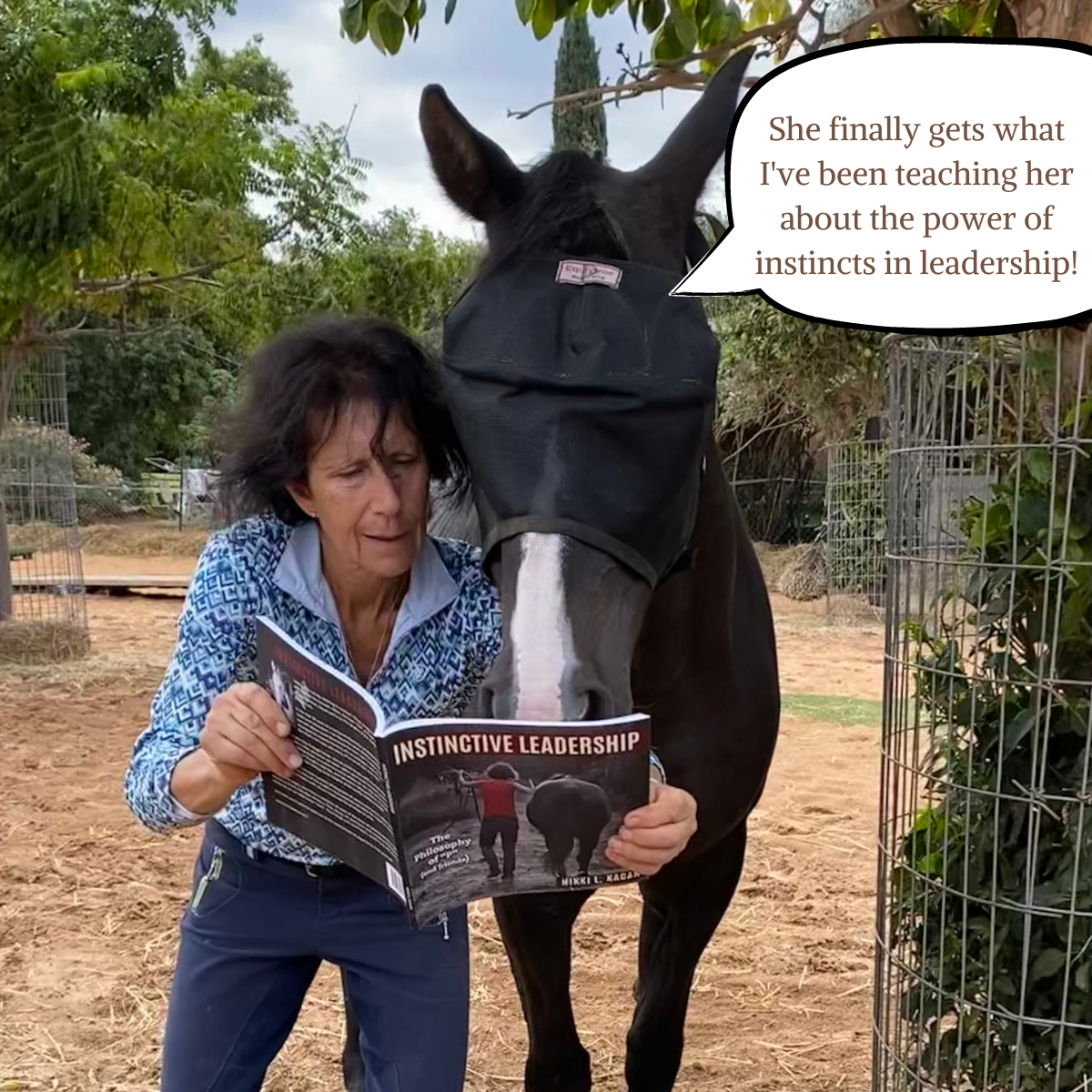
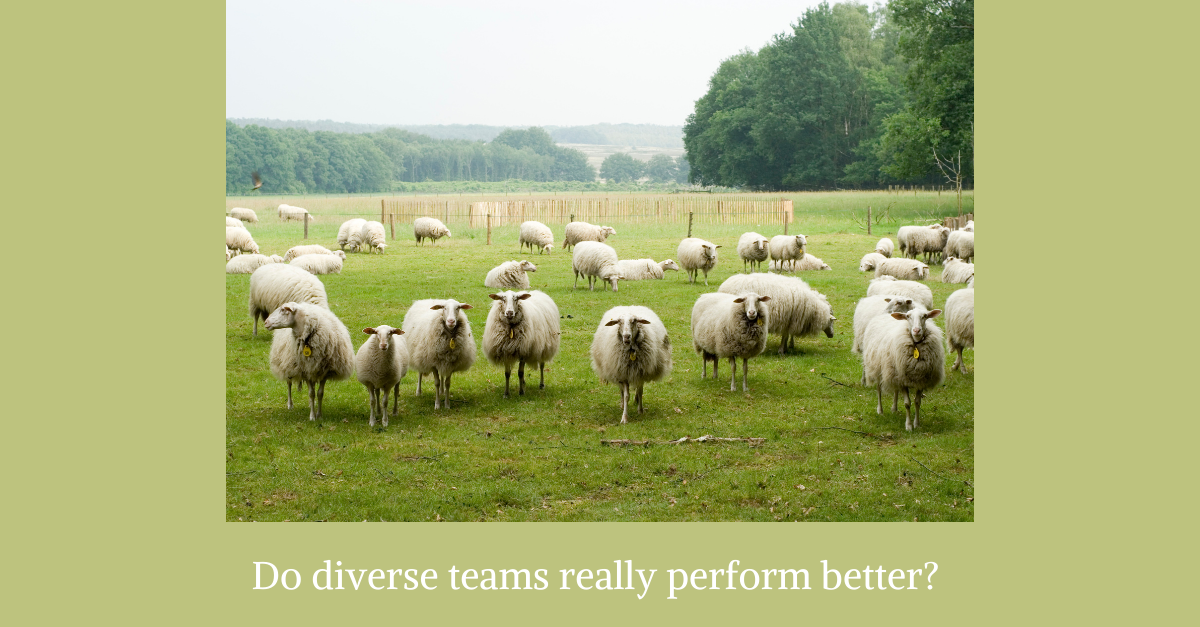
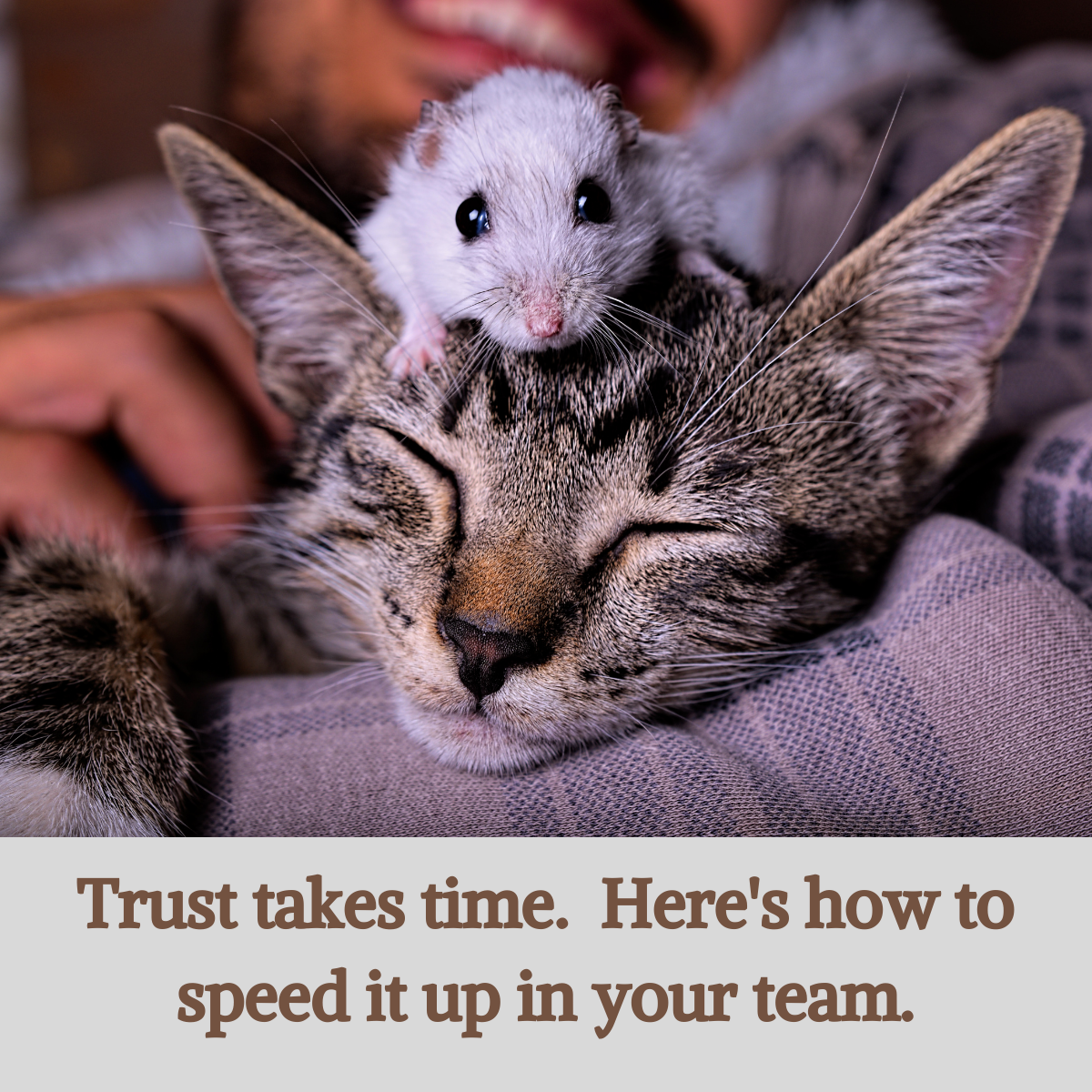


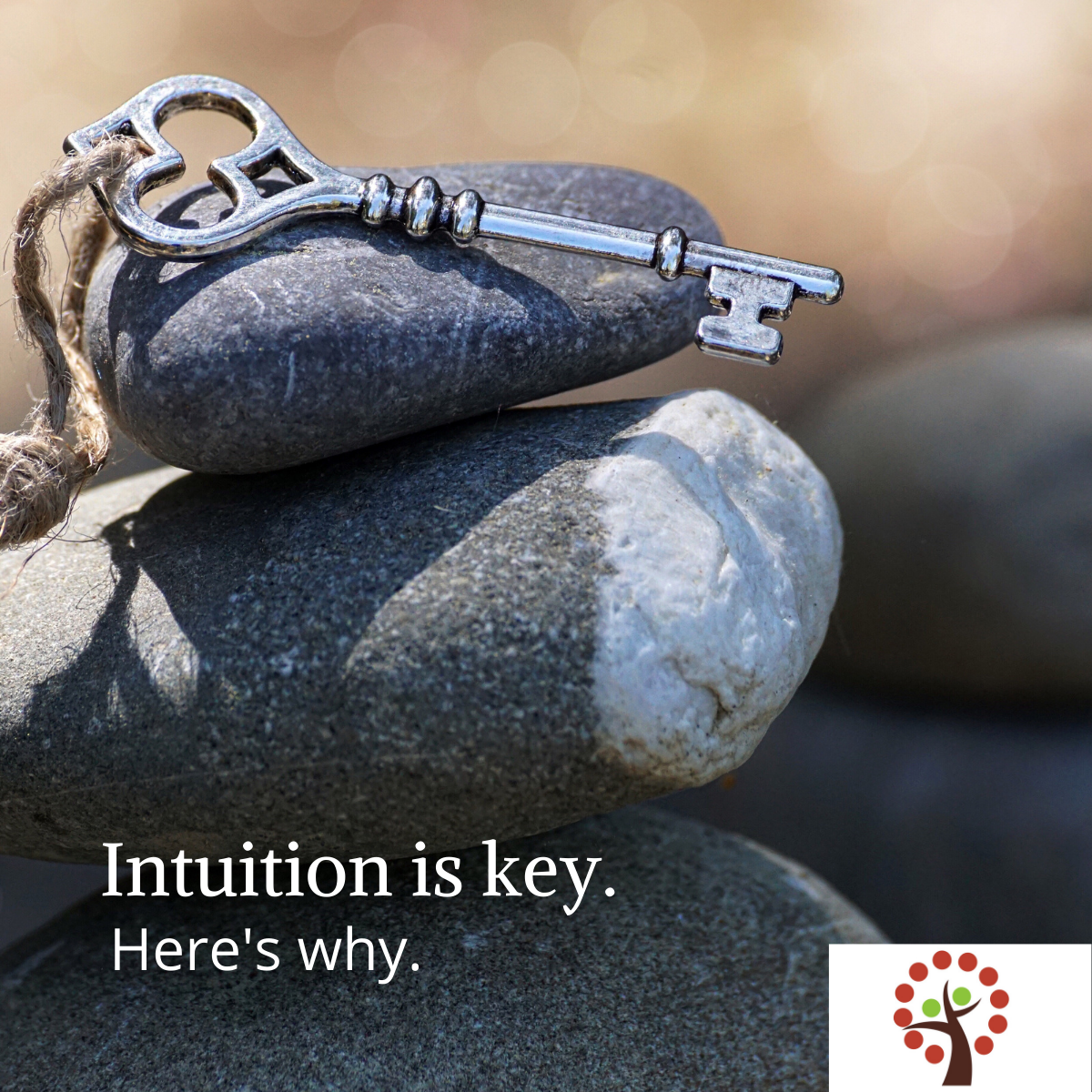
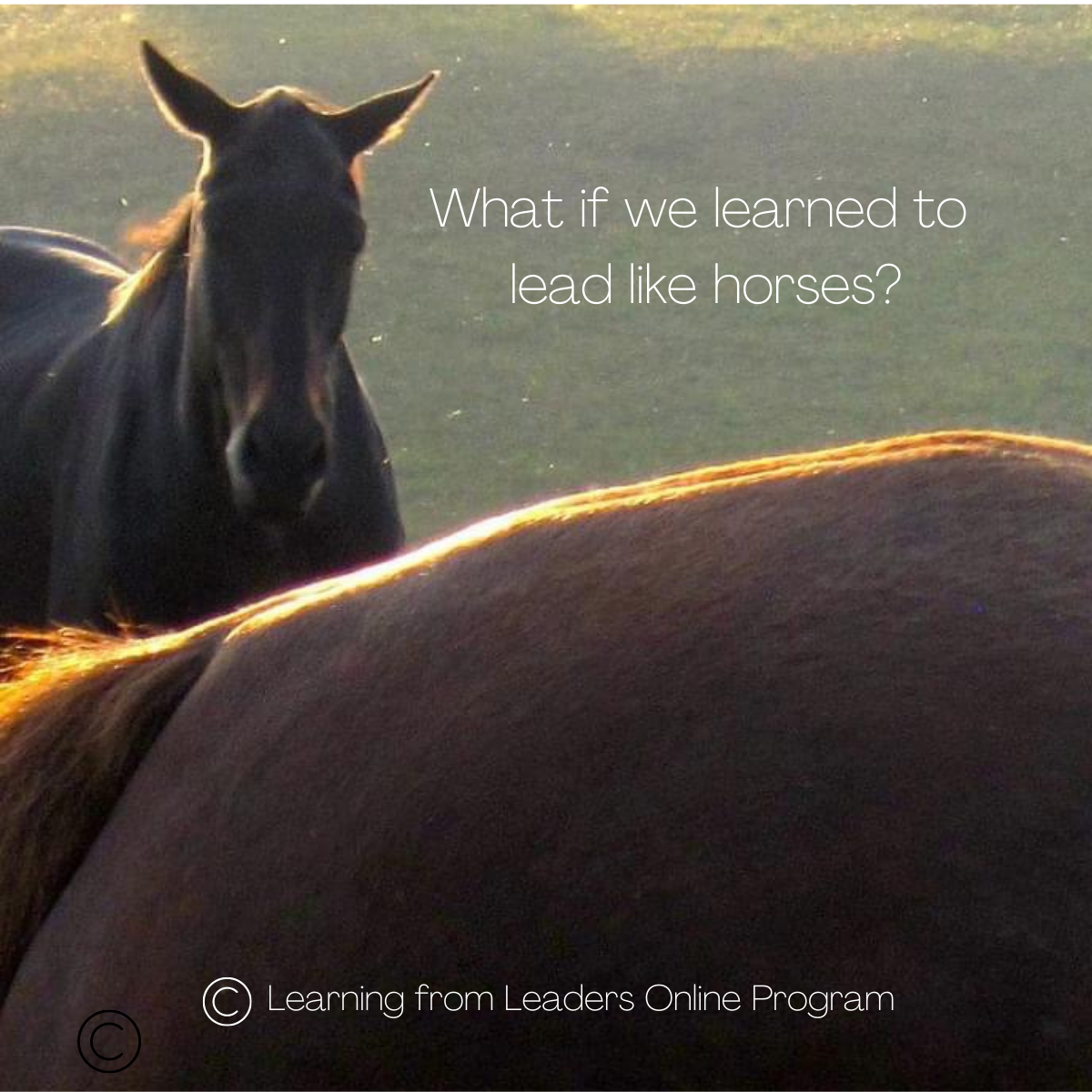


Pages
- "HorseSense"
- Home
- What We Do
- EquiSoul
- Team Development
- My Book
- Assessment Tools
- Learning From Leaders
- Testimonials
- Professional Coaching
- Equine Programs
- Contact
- Videos
- Horse Assisted Education
- Horse Workshop: 1 Day
- 1:1 Coaching Sessions
- Online Programs
- Inside-Out Leadership
- The Art of Feedback
- E-Motion @ Work


